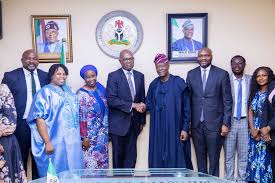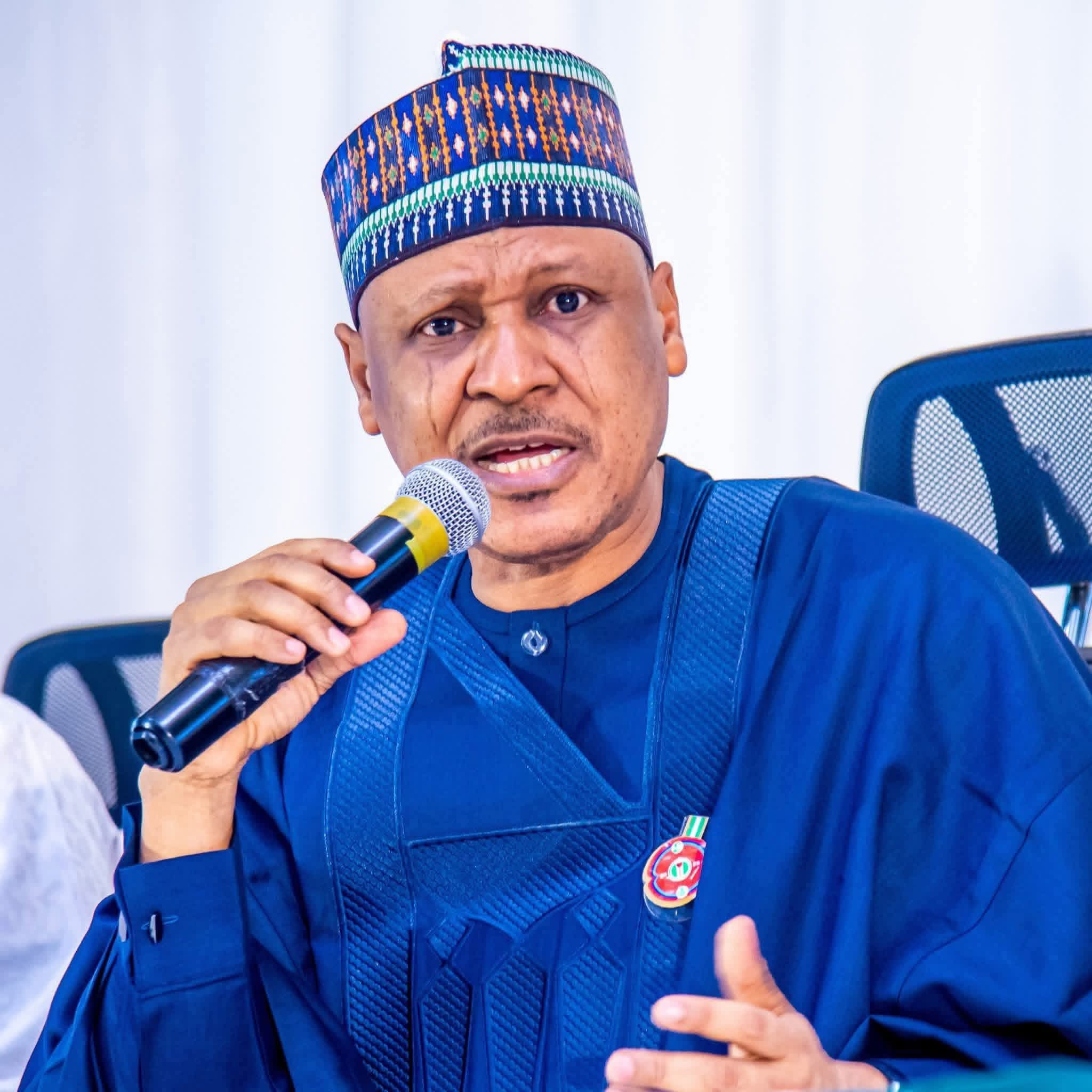Nigeria Launches $500m Climate Investment Platform To Drive Green Growth

AMUDA GBEMISOLA EUNICE
The Federal Government of Nigeria has launched the Nigerian Climate Investment Platform (NCIP), a bold new initiative aimed at mobilising up to $500 million to fund climate-resilient infrastructure, adaptation, and innovation projects across the country.
The platform, a collaborative effort among the Nigeria Sovereign Investment Authority (NSIA), the Green Climate Fund (GCF), and the National Council on Climate Change (NCCC), was officially unveiled following a high-level meeting in Abuja involving key stakeholders.
Minister of Finance and Coordinating Minister of the Economy, Mr. Wale Edun underscored the urgency of the initiative, describing it as a vital tool for inclusive growth, enhanced export competitiveness, and structural transformation of sectors such as agriculture, infrastructure, and digital technology.
The Minister expressed strong confidence in the NSIA’s capacity to lead the platform, citing its proven institutional track record and credibility under Aminu Umar-Sadiq’s leadership.
Mr. Edun also reiterated the necessity of seizing global climate finance opportunities as a means to drive domestic economic advancement.
“If accreditation is the last hurdle, I’m confident they’re ready,” he noted, stressing the need for Nigeria to leverage every available resource to fuel economic diversification and climate resilience.
In his remarks, NSIA Managing Director and CEO, Aminu Umar-Sadiq, said the concept of NCIP was birthed in direct response to a challenge issued by the Minister.
He highlighted the platform’s design as a product of strategic collaboration with the GCF and local stakeholders, aiming to create a robust and credible vehicle for attracting both international and local capital.
Representing the Green Climate Fund, Mr. Soji Omisore highlighted the absence of a dedicated GCF project focused solely on Nigeria, declaring the NCIP a timely and crucial initiative to fill that void.
He affirmed GCF’s commitment to co-developing a country-specific platform aligned with Nigeria’s climate agenda.
Dr. Nkiruka Maduekwe, Director-General of the NCCC, stressed the importance of pursuing accreditation for more Nigerian entities to enhance access to international climate funding.
She pointed out that nations with far smaller economies already benefit from multiple accredited institutions, urging for similar progress within Nigeria by accrediting the NSIA, NASRDA, and the Ministry of Finance.
As Nigeria confronts the challenges of climate change, the NCIP is poised to become a cornerstone of its transition to a low-carbon, climate-resilient economy.
This development marks a significant milestone in Nigeria’s pursuit of climate finance and its ambition to emerge as a continental leader in green investment.
With increasing global attention on climate change and the shifting dynamics of international trade under frameworks like the Africa Continental Free Trade Area (AfCFTA), the NCIP is expected to position Nigeria at the forefront of sustainable development in Africa.
The platform is expected to facilitate essential investments, support green job creation, and drive technological innovation.
Its success, however, will depend on cohesive efforts among government agencies, private sector actors, and international partners.
Ultimately, the Nigerian Climate Investment Platform offers a strategic opportunity for integrating climate finance into national economic planning, potentially positioning Nigeria as a model for other developing nations striving for climate-compatible and inclusive economic growth.












